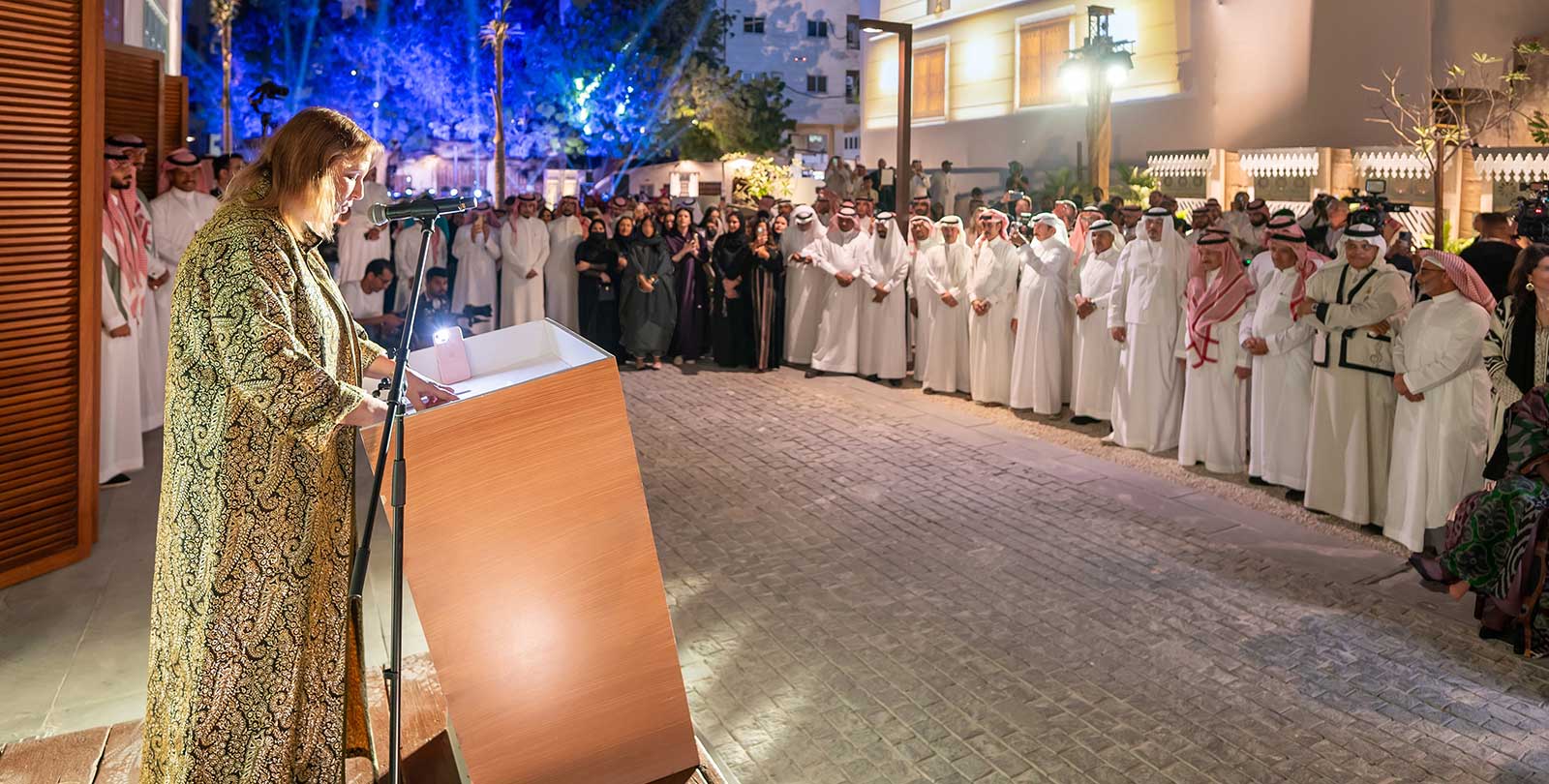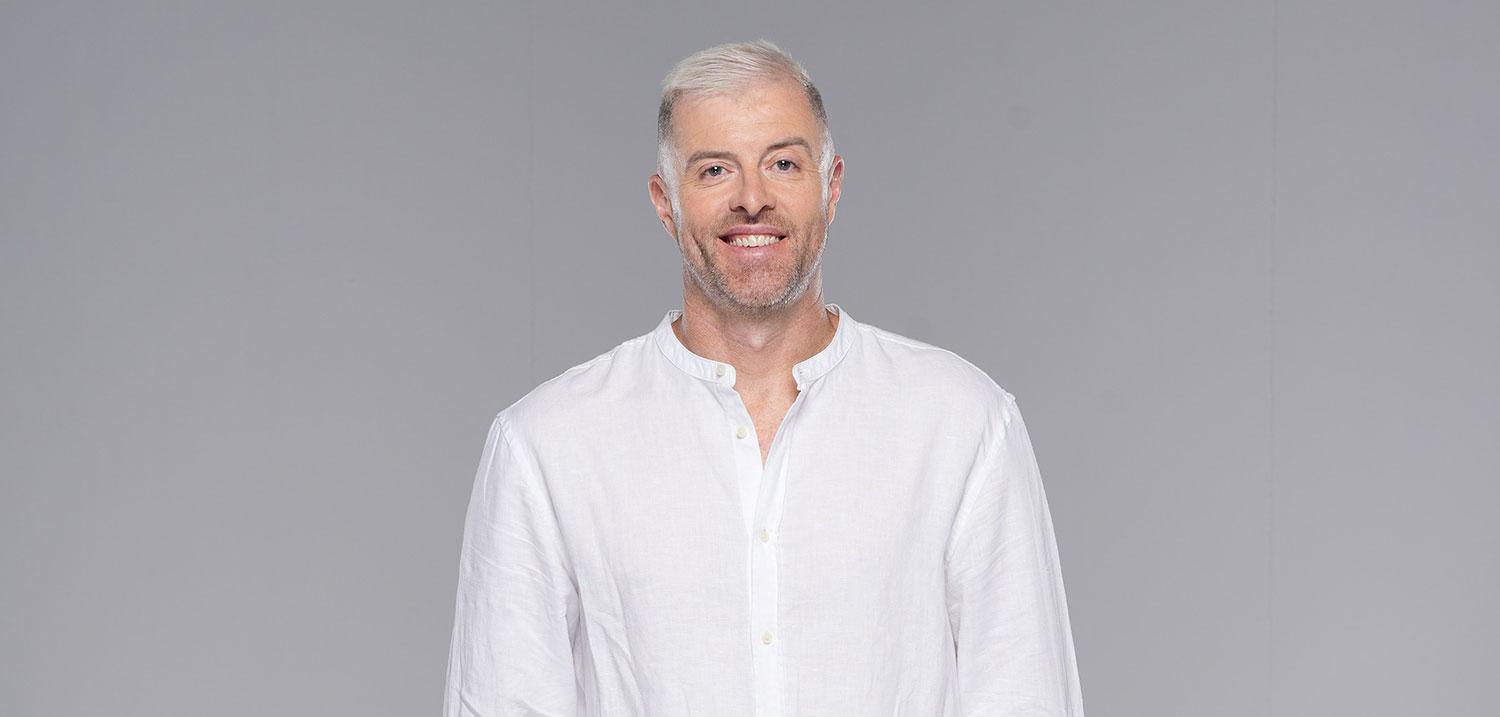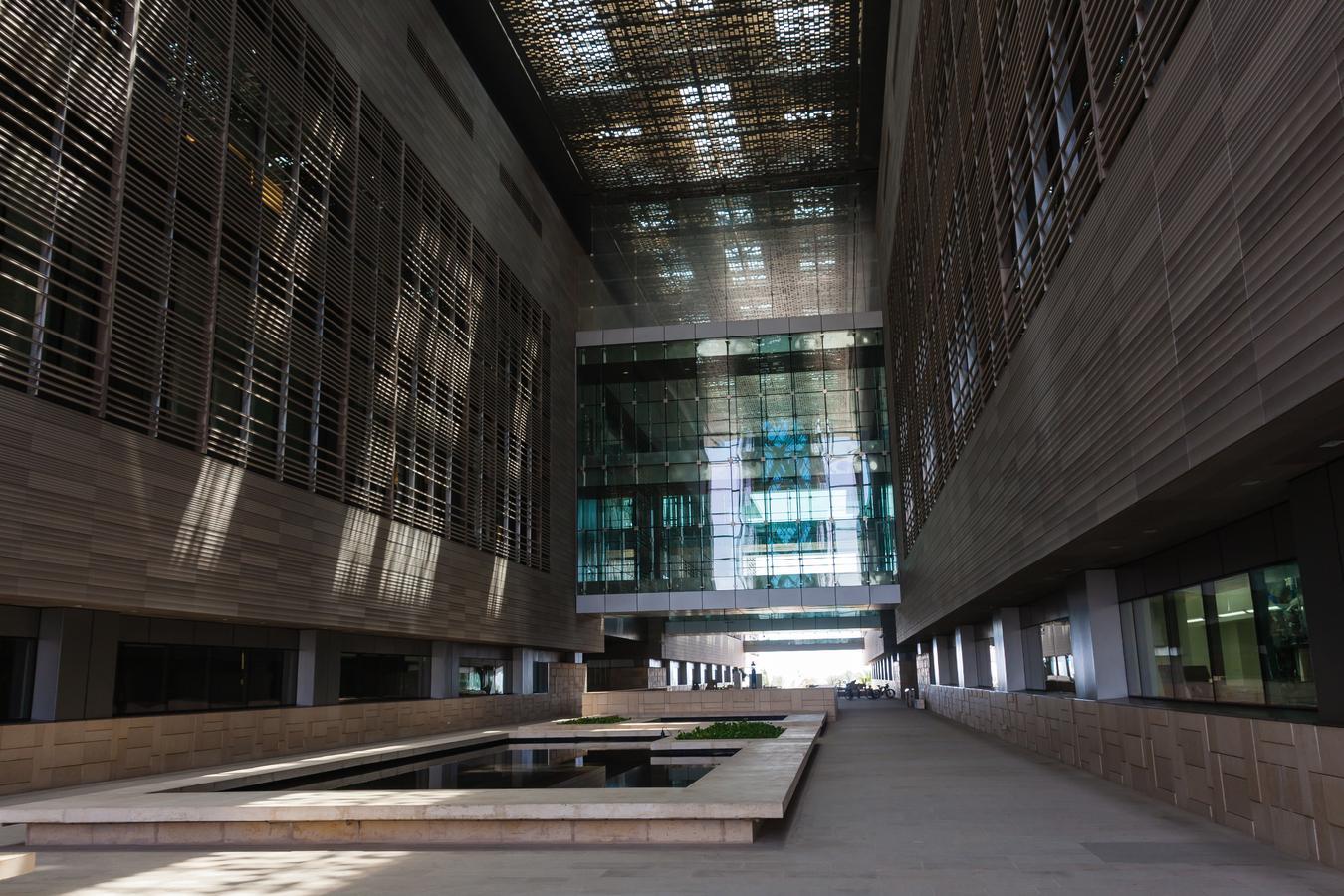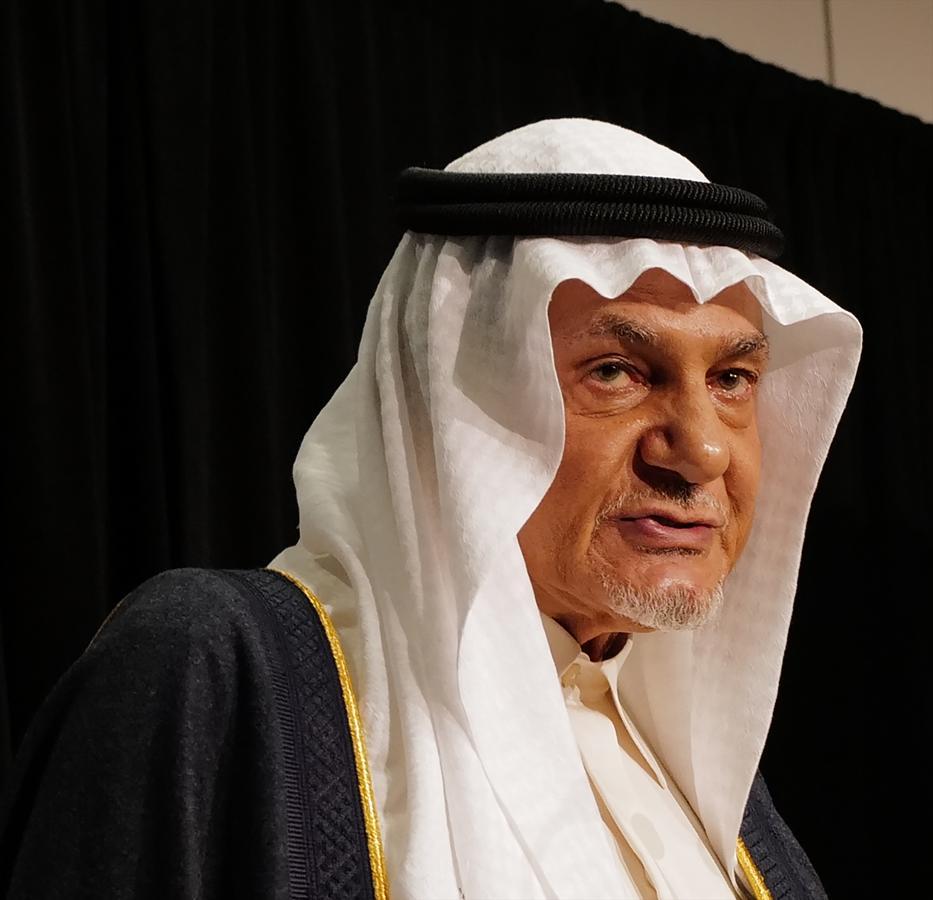Saudi film industry is emerging as a cultural and economic powerhouse, reshaping the Kingdom’s global image. Saudi filmmaking is on the rise, as female filmmaker Afnan Bawyan’s animated movie "Saleeg" has been selected for screening at the Annecy International Animation Film Festival this month. Bawyan, a chemist turned filmmaker, expertly weaves a compelling family drama using puppetry and authentic Saudi dialect.
This creative resurgence follows the historic lifting of a 35-year ban on public cinemas, reigniting Saudis’ passion for cinema. The revitalized film industry reflects the nation’s rich culture while tackling social issues. Witness Saudi Arabia’s commitment to nurturing its creative talents and explore this world of transformation.
The Saudi film industry traces its roots back to the 1960s and 1970s when film production was limited to short educational films and documentaries. In 1972, Abdulmohsen Al-Mangour, an early Saudi filmmaker, made waves with his experimental short film "Al-Qattar Al-Mutakassar" (The Broken Dam). Unfortunately, details about productions from that era are scarce, and the industry’s existence remained largely unnoticed.
In 1983, the situation took a turn for the worse when movie theatres were banned due to religious concerns. This prohibition significantly hindered the industry’s growth and negatively impacted the cultural knowledge of Saudis. Despite being able to watch productions from neighboring Arab countries and beyond, the ban stymied the growth of their own film industry. However, since there were no cinemas in the Kingdom, Saudis could only see the film abroad or on DVD.
Like Sleeping Beauty, the Saudi film industry was revived when the 35-year ban on movie theatres was lifted in 2018. As a vital part of the Vision 2030 diversification program, cinemas made a triumphant return.
The excitement was palpable in April 2018, with a screening of "Black Panther" in Riyadh. This landmark event heralded a new era of growth, with movie theatres opening and investment pouring into local film production.
By 2022, the country boasted an impressive 262 theatres and galleries for theatrical performances, with Riyadh leading the way as home to 52 movie theatres. International companies like AMU, VOX, and Muvi were quick to recognize the potential, investing in and expanding their presence with diverse cinematic experiences. The 35-year ban on movie theatres created a significant cultural gap that necessitated immense effort to catch up once the prohibition was lifted.
During the ban, many talented individuals studied film abroad, hoping for opportunities to showcase their skills, which were rare with minimal prospects in their homeland. When the ban was finally lifted, a multitude of talent emerged, ready to contribute to the expansion of the Saudi film industry.
This thriving scene is driven not only by moviemakers’ skills but also moviegoers’ passion. Saudis show great enthusiasm for local productions since these films resonate with their lives and address social issues that are unique to their culture.
As a result, cinemas have adapted to local preferences by offering late-night and early morning screenings to suit the country’s unique entertainment schedule. Films that offer insights into relevant social concerns have captivated audiences, leading to rapid development within the local industry. Knowing this potential, the entertainment sector was made an integral part of Vision 2030, which aims to diversify the Saudi economy beyond oil.
The industry’s remarkable transformation is evident in its financial success: moviegoers spent $54.8 million (SAR206.2 million) at cinemas in 2021, compared to $2 million (SAR7.6 million) in 2018, according to the Report on the State of Culture in the Kingdom of Saudi Arabia 2021. Despite these promising factors, further steps must be taken to enhance the Saudi film industry.
The Saudi film industry has caught the attention of audiences worldwide with its unique brand of storytelling.
The familiarity of the actors, actresses, and directors, who are often known in social circles and are friends or relatives, make the films feel closer to home and more relatable. With the opening of the country, there is growing interest in Saudi culture has driven the demand for local stories told through the eyes of talented filmmakers.
The rise of digital media, social platforms, and streaming services allows passionate creators to share their unique narratives with a broader audience, capturing the interest of viewers far and wide. As Saudi filmmakers forge collaborations on the international stage, they learn from the best practices worldwide and attract foreign investments. These partnerships elevate the quality and impact of Saudi films, contributing to the vibrant growth of the nation’s film industry. The exciting blend of local talent and global influence is crucial for the future of Saudi cinema.
The Saudi film industry is facing a significant challenge as it strives to establish itself from scratch. The lack of essential resources such as studios, equipment, and experience, particularly in new market segments like animated films, has made it difficult to nurture local talent and create high-quality productions. To address these obstacles, the Saudi government has made the growth of the film industry a priority.
In 2019, the Saudi Film Commission was established to guide the industry’s development. Its mandate includes supporting local productions, nurturing talent, offering training, and fostering international collaborations to enhance the industry’s growth. One significant step towards achieving these goals has been the establishment of film festivals and events to support and showcase the work of Saudi filmmakers.
The Red Sea International Film Festival is the most prominent, featuring both international and local productions. Other festivals, such as Mizna’s Saudi Film Festival in the US, aim to strengthen collaboration between the Saudi and US film industries. These initiatives create a platform for local creators to share their work, gain exposure, and overcome the challenges of building a thriving film industry from scratch.
Female filmmakers are breaking down barriers and exploring diverse societal themes, challenging traditional portrayals of Arab women in film and encouraging gender diversity in the industry.
The film "Wadjda," directed by Haifaa Al Mansour and released in 2012, was an international hit and was submitted as a foreign language feature to the Oscars. Al Mansour next directed the international feature "Mary Shelley," starring Elle Fanning, that was released in 2017, a year before cinemas opened again in Saudi Arabia. Haifaa Al Mansour was at the forefront and is a leading female figure in the local industry.
Her film "The Perfect Candidate" was released in 2019 and is another milestone movie that received critical acclaim, putting the Saudi film industry on the map. There also are impressive animated features, with films like "Bilal" and "The Journey" diversifying the industry and showcasing new talent. "Bilal" was one of the first animated films to be shown in the country. Co-produced with a UAE-based animation studio and financed by Saudi investors, the movie was an instant hit.
"The Journey," a Saudi-Japanese co-production backed by the MiSK Foundation, is a visually stunning and culturally unique film. Female directors and actresses are breaking down barriers and encouraging gender diversity. Documentary filmmaker Danya Alhamrani, co-founder of EggDancer Productions, believes in telling stories from the perspective of those who have actually experienced them. She and her partner Dania Nassief were the first women in Saudi Arabia to own and manage a film production company.
Their documentary, "Rise: The Journey of Women in Saudi Arabia," showcases the evolution of female empowerment in the Kingdom. Directors like Al Habib and actress-writer Sarah Taibah are creating nuanced, authentic roles for women that challenge traditional portrayals of Arab women in film. Actor Sumayah Rida hopes to see more content that narrates the unique stories of Saudis and Saudi Arabia and authentic representation of Muslim women on screen.
The Saudi film industry is making waves internationally, but it’s not all smooth sailing. One of the biggest challenges is the need for experienced professionals and formal training opportunities.
As the industry grows, so will the demand for professionals who can compete on a global stage. This makes training programs and workshops crucial. Funding is another significant challenge. While the Saudi Film Commission is actively creating new income sources, filmmakers still need foreign investment to bring their visions to life.
With the industry gaining more attention and interest globally, there is hope that foreign investment will flow into the industry and help it reach new heights. The opening of more cinemas and government support will nurture the industry’s growth. As Saudi films gain recognition and attract collaborations with foreign producers, its global profile will rise, providing a platform for Saudi voices and perspectives.









0 Comments
No comments yet. Be the first to comment!